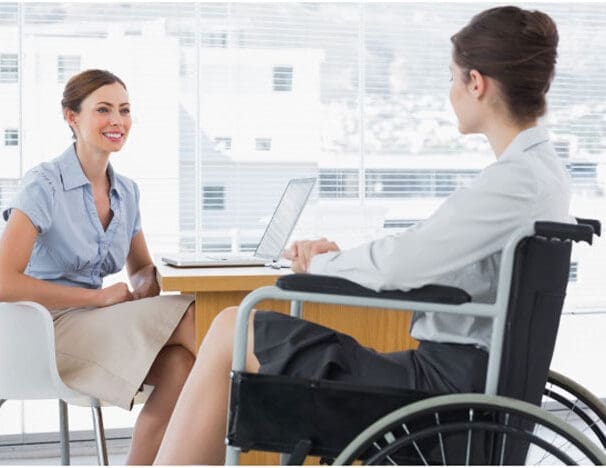HealthProviders DB is a comprehensive database of healthcare providers, including a complete directory of all Assistive Technology Supplier Rehabilitation Counselors.
Rehabilitation Counselor Healthcare Taxonomy Code 225CA2500X
As of today, the following are the total number of Assistive Technology Supplier Rehabilitation Counselors nationally, in your State, and near your location.
Select a State below to view the list by State. Additionally, you can narrow the list by city, among other options, from the Filter Panel, which you can open by clicking the vertical ellipses ⋮ in the upper right corner of the app.
Alaska – Alabama – Armed Forces Pacific – Arkansas – American Samoa – Arizona – California – Colorado – Connecticut – District of Columbia – Delaware – Florida – Federated States of Micronesia – Georgia – Guam – Hawaii – Iowa – Idaho – Illinois – Indiana – Kansas – Kentucky – Louisiana – Massachusetts – Maryland – Maine – Marshall Islands – Michigan – Minnesota – Missouri – Northern Mariana Islands – Mississippi – Montana – North Carolina – North Dakota – Nebraska – New Hampshire – New Jersey – New Mexico – Nevada – New York – Ohio – Oklahoma – Oregon – Pennsylvania – Puerto Rico – Palau – Rhode Island – South Carolina – South Dakota – Tennessee – Texas – Utah – Virginia – Virgin Islands – Vermont – Washington – Wisconsin – West Virginia – Wyoming
Medicare
The following are the total number of Assistive Technology Supplier Rehabilitation Counselors who accept Medicare in your state, the number who have opted out of Medicare, and the total number excluded from participation in Medicare nationwide.
The diagram below shows all the Assistive Technology Supplier Rehabilitation Counselors across the country, represented by blue bubbles. The larger the bubble, the greater the concentration of providers in that area. Red bubbles represent Medicare-excluded providers, with the larger bubbles indicating a higher percentage of excluded providers in that region. You can change the bubble size to be based on exclusions from the Size menu.
What do Assistive Technology Supplier Rehabilitation Counselors do?
Assistive Technology (AT) suppliers and rehabilitation counselors assess a client’s needs to recommend and provide appropriate assistive devices and technologies, train users to use these tools, and coordinate services to help individuals with disabilities gain greater independence in daily activities, at school, and at work.
They often collaborate with other professionals, such as therapists and educators, to ensure that the chosen technology is a good fit for the user’s unique situation.
What they do
Documentation: Maintain records of the care and services provided for each client.
Needs Assessment: Evaluate a client’s strengths, limitations, and specific barriers to identify the most suitable assistive technology solutions.
Technology Selection and Customization: Recommend and assist clients in acquiring assistive devices, ranging from low-tech tools like canes to high-tech software and devices.
Training and Support: Provide clients and their families with training and ongoing support to ensure they can use the technology effectively.
Collaboration: Work with educators, therapists, healthcare providers, and families to create a comprehensive plan that supports the user’s goals.
Coordination of Services: Assist clients in accessing the necessary services, such as medical care and career training, related to their disability and assistive technology needs.
Advocacy: Advocate for the client’s access to resources and technology to help them achieve greater independence and community participation.

